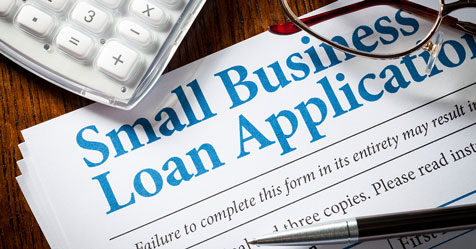Celebrate American Spirit of Entrepreneurship During National Small Business Week
For more than 60 years, the U.S. Small Business Administration (SBA) has celebrated National Small Business Week (NSBW), which acknowledges the critical contributions of America’s entrepreneurs and small business owners. NSBW 2025 takes place May 4-10, and SBA is recognizing the hard work, ingenuity, and dedication of small businesses, including their contributions to the economy.
“This National Small Business Week, we celebrate the contributions of small businesses that create jobs, drive our local economies, and make up the fabric of our communities,” said Senator Edward Markey, (D-Mass.), a U.S. Senate Committee on Small Business and Entrepreneurship ranking member.
More than 34.7 million small businesses in America account for more than 99.9% of all businesses and employing 45.9% of American workers, or about 59 million people.
The release of the Trump administration’s Fiscal Year 2026 budget proposal recommends drastic cuts to essential Small Business Administration (SBA) programs. It eliminates funding for almost all entrepreneurial development programs, including Women’s Business Centers (WBCs), SCORE business mentoring, the State Trade Expansion Program (STEP), and Veterans Business Outreach Centers (VBOCs).
On Friday, Senator Markey (D-Mass.) issued the following statement after the release of the budget proposal:
“President Trump’s budget proposal starves the Small Business Administration with a draconian 33% cut to resources that support our nation’s 34 million small businesses. It eliminates longstanding, successful bipartisan programs, such as SCORE mentoring services, and shutters more than 150 Women’s Business Centers that support women entrepreneurs. It eliminates the State Trade Expansion Program that helps small businesses stay competitive and sell their goods abroad, and axes programs that foster our innovation and technology sectors. SBA’s veteran outreach programs, which helped 58,000 former members of the military use their skills to start new enterprises last year, would be cut by 46%.”


